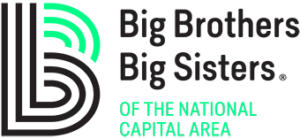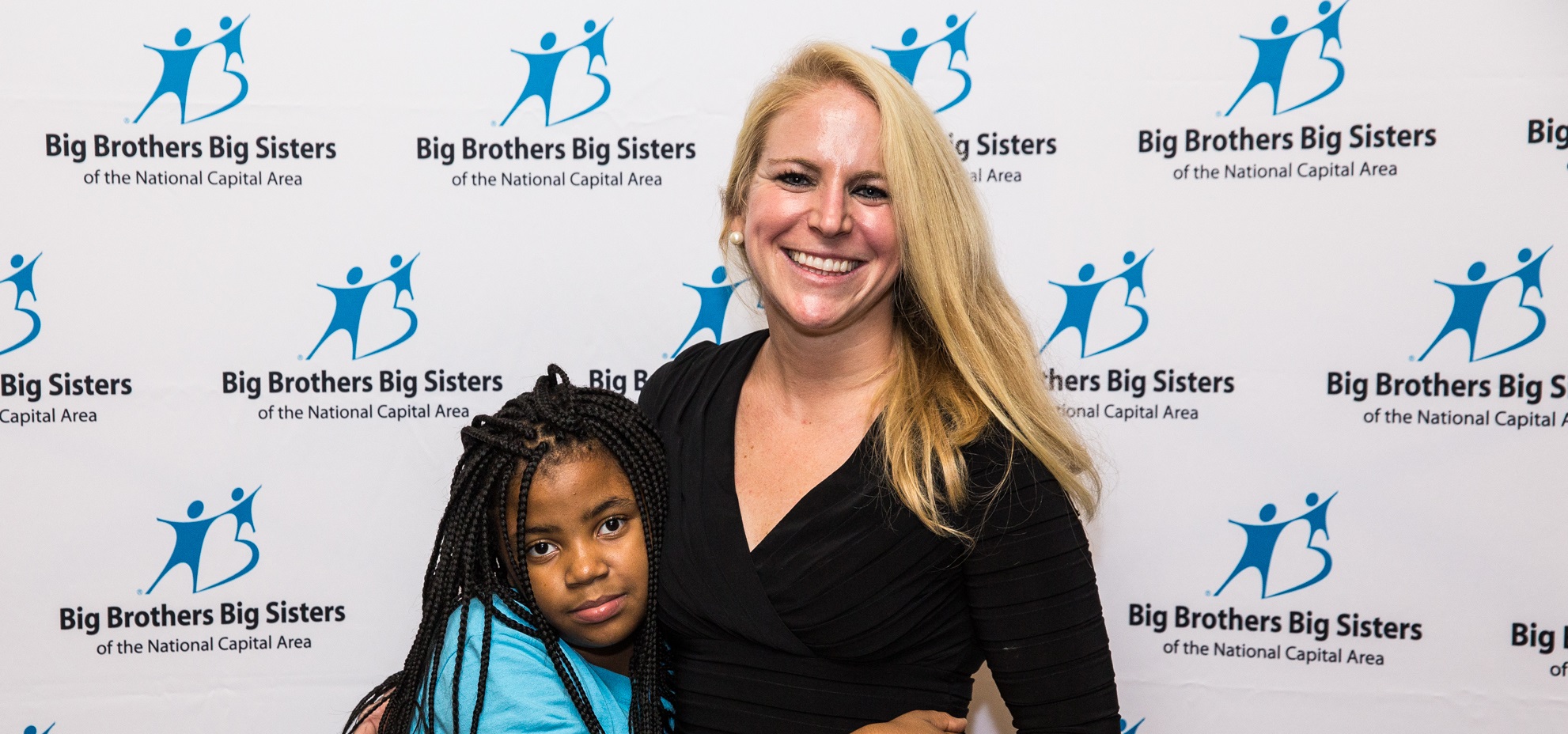Create and support one-to-one mentoring relationships that ignite the power and promise of youth.
Vision
All children achieve success in life.
Accountability
By partnering with parents/guardians, volunteers and others in the community we are accountable for each child in our program achieving:
- Higher aspirations, greater confidence, and better relationships
- Avoidance of risky behaviors
- Educational success
Frequently Asked Questions
Didn’t answer your question? Feel free to contact us.
How old must I be to volunteer as a “Big”?
You must be 21 years of age or older and a resident of this area for eight months or more. We ask for a commitment of one year.
What steps do I need to complete to become a mentor?
- Attend an orientation meeting
- Fill out an application
- Agree to national and local background checks
- Receive a home visit by staff if interested in becoming a Community-Based mentor
- Meet with parent/guardian, then prospective mentee to become matched\
- With your mentee, enjoy educational, cultural and recreational activities!
How often does a mentor see the mentee?
A Big in the Community-Based program is encouraged to spend at least four hours a week to build your relationship with your mentee. Once you are matched and have spent some time together, you can decide together what works best.
If you participate in the Bigs In Schools program, you will see your mentee in school or after school on-site for one hour a week during the school year.
How old must a child be to become enrolled as a “Little” in the mentoring program?
BBBSNCA accepts children ages from 7-15 years old, but matches continue until 18 years old.
How do I enroll my child to be matched with a volunteer mentor?
Please visit the “Get a Big” page and “Enroll Your Child”. You can also contact a Program staff member on our contact page and they will inform you of the enrollment process and invite you to the next parents’ orientation. Other children are referred by social service agencies, school teachers and counselors, police and the courts. All must have the permission of parents/guardians to participate.
How much money do services cost?
Services are free.
What kinds of activities are suggested for Bigs and Littles when they see each other?
At the orientation, a list of activities will be shared with you. Some things to consider are activities giving you time to talk and listen to each other, visit a park, play basketball together, play a board game, listen to music, visit sights in Washington, DC, enjoy outdoor carnivals, and even provide some support for the Little’s academics.
How is your financial donation used?
The fact that 90 cents of every dollar is invested in Big Brothers Big Sisters programs makes your financial support a wise investment. Your investment may be utilized in many, ways, including:
- Recruitment of prospective mentors.
- Screening volunteers from the greater Washington region who want to become Big Brothers or Big Sisters.
- Certifying every prospective mentor in our program through background checks, drivers’ licenses, face-to-face interviews and more.
- Developing an attainable match goal created by the parent/guardian, child and mentor
- Supporting and monitoring matches.
- Reaching out to mentees’ families who are in need of professional casework services.
- Supporting Program Outcome Evaluations, which are given to the match participants to learn if the match is reaching its goals and that the Bigs, Littles and parents are happy with the match.

